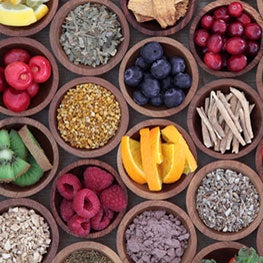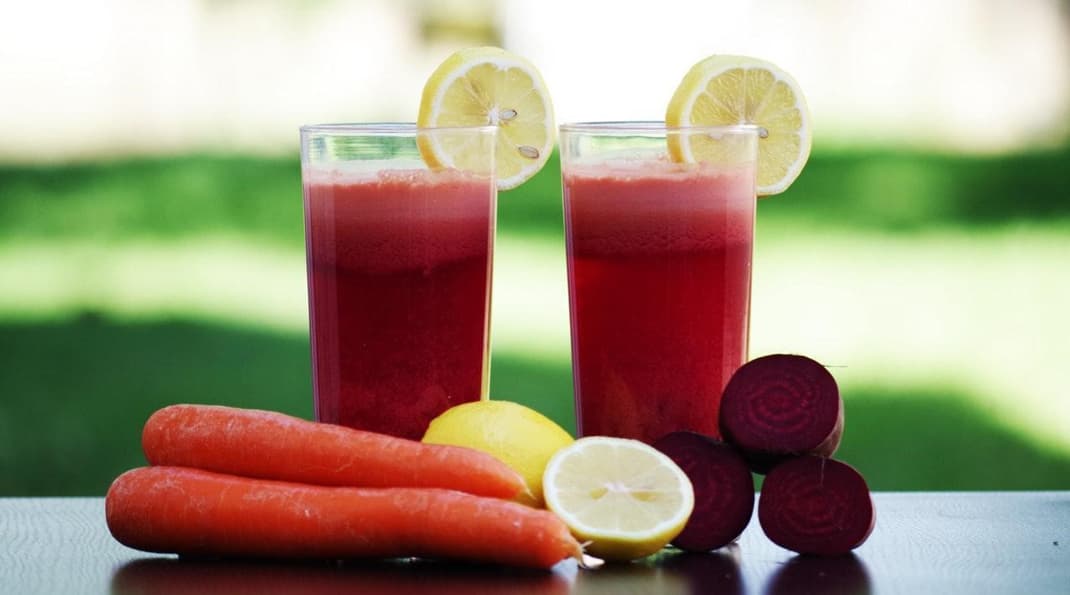Healthy Diet and Protein as you age

Nutritional needs change as we get older.1 Learn more about how you can make proactive health changes to help meet your changing needs.
Increased need for protein
Nutritional needs change as we age and so does our protein needs.2 Protein helps maintain muscle mass, which is important for overall strength. So, ensuring adequate intake of protein is very important as we age.
Protein is not just found in meat and fish; there are also good sources of protein in eggs, dairy products, nuts, quinoa, hemp and soy. While most plant-based protein sources do not contain all the essential amino acids, adequate daily protein, can be achieved by combining a variety of plant-based protein sources (2 or more) (e.g. rice, black beans, split peas, lentils, chickpeas, wholegrain bread and cereals) across the course of the day3.
Vitamins and minerals
Many vitamins and minerals are important for the body, but as you get older, calcium and vitamin D are especially important for muscles and bones.
Good sources of calcium include dairy products such as yoghurt, milk, cheese and calcium fortified foods (such as soy products). Don't forget you can get the same amount of calcium from low fat options as full fat versions. Other sources include tuna, salmon with bones, meat, tofu, dark green vegetables and fortified breakfast cereals.
Your body absorbs calcium with the help of vitamin D, which you can obtain from exposure to sunshine and dietary sources. Good dietary sources of vitamin D are oily fish (such as mackerel and sardines), eggs, as well as fortified spreads, milks and breakfast cereals. If you are not meeting your vitamin D requirements, your healthcare professional may recommend a Vitamin D supplement or suggest a fortified nutritional drink.
Fats
Fats are essential to give your body energy and help the absorption of vital nutrients. Moderation is key as they are very high in calories. Also, it is ideal to choose 'healthy' unsaturated fats which are found in nuts and seeds, avocados, cooking oils from plants and seeds i.e. olive or canola oil. Other sources include oily fish such as salmon, sardines and mackerel.
Dietary fibre
Dietary fibre is the edible parts of plants which is resistant to digestion and absorption in the small bowel. It is completely or partially broken down by bacteria in the large bowel. Foods that are rich sources of dietary fibre, include wholegrain breads and cereals, fruit and vegetables, and nuts and seeds.
Benefits of a nutritional drink
An easy way to bolster your protein and nutrient intake is with a specifically formulated protein breakfast drink. SUSTAGEN Hospital Formula is a source of protein to support healthy muscles and bones to support an active lifestyle.
Click here to learn more about our high protein breakfast drink powder.
References
1 NHMRC Nutrient Reference Values from Australia and New Zealand, accessed 11th March 2021. https://www.nrv.gov.au/nutrients/protein
2 Bauer J, et al. Evidence-based recommendations for optimal dietary protein intake in older people: a position paper from the PROT-AGE Study Group. J Am Med Dir Assoc. 2013 Aug;14(8):542-59.
3 Berrazaga I, Micard V, Gueugneau M, Walrand S. The Role of the Anabolic Properties of Plant- versus Animal-Based Protein Sources in Supporting Muscle Mass Maintenance: A Critical Review. Nutrients. 2019;11(8):1825. Published 2019 Aug 7. doi:10.3390/nu11081825




